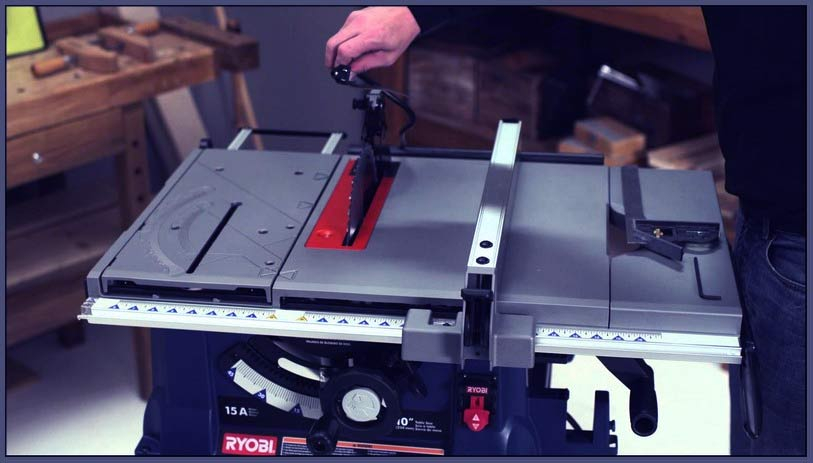When it comes to woodworking, having multiple blades on your table saw can significantly increase efficiency and productivity. By using multiple blades, you can make different cuts in a single pass, saving time and effort. This is especially useful when working on projects that require various types of cuts.
Additionally, using multiple blades can help improve the quality of your cuts. With the right combination of blades, you can achieve smoother and more precise cuts, resulting in a professional-looking finish on your projects.
Multiple Blades On Table Saw
Choosing the Right Blades
Before using multiple blades on your table saw, it’s essential to choose the right blades for the job. Consider the type of material you will be cutting and the type of cuts you need to make. Different blades are designed for specific purposes, such as ripping, cross-cutting, or dado cuts.
Make sure to also consider the size and thickness of the blades. Using blades that are too large or too small for your table saw can lead to inaccurate cuts and potential safety hazards. It’s essential to follow the manufacturer’s recommendations when selecting blades for your table saw.
Safety Precautions
When using multiple blades on your table saw, it’s crucial to prioritize safety. Always wear appropriate safety gear, such as goggles and gloves, to protect yourself from flying debris. Make sure to keep your work area clean and free of clutter to prevent accidents.
Before making any cuts, double-check that the blades are securely attached and properly aligned. It’s also essential to adjust the blade height and angle according to the type of cut you are making. By following these safety precautions, you can ensure a safe and productive woodworking experience.
